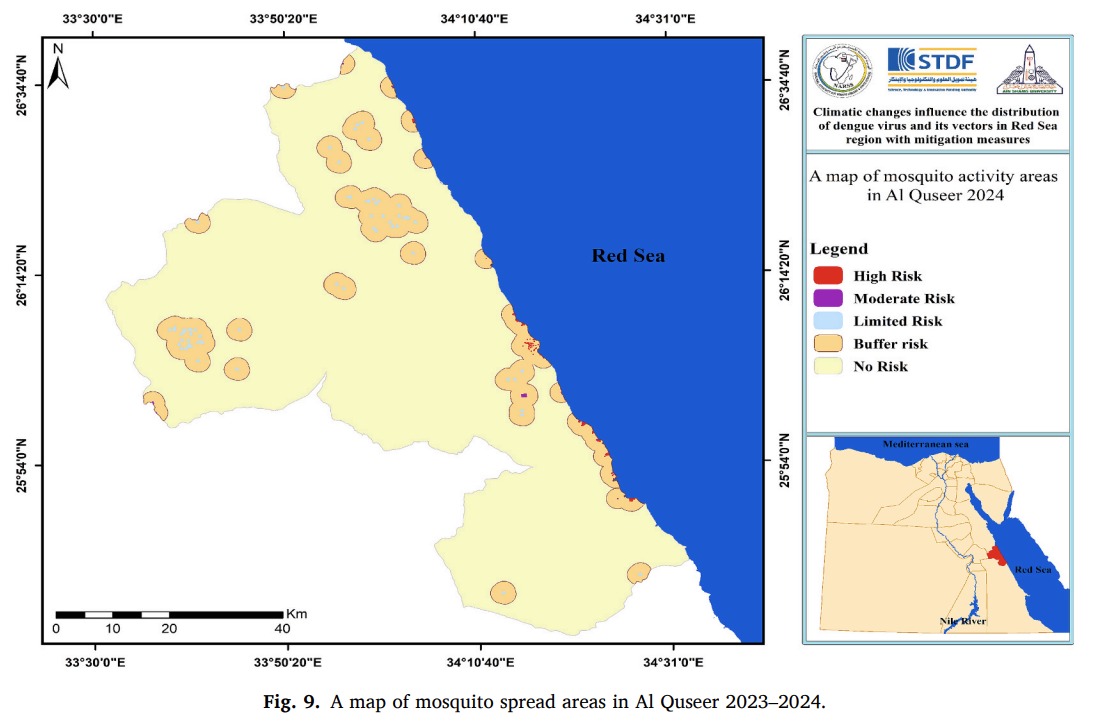By Fiona Callingham
Copyright mirror

People living with a chronic sleep condition could be 40 per cent more likely to develop a devastating condition. New research has linked insomnia with dementia and cognitive decline. Insomnia is classified as if a person is unable to sleep properly for three nights or more a week for more than three months. It is estimated that around 16 per cent of people are living with insomnia, while the NHS says one in three of us will experience problems with our sleep at least once in our lives. Now a new study, published in Neurology journal , has found that that people with chronic insomnia may be at a greater risk of developing dementia or mild cognitive impairment (MCI) than those with non-chronic insomnia. As part of the study, 2,750 adults with an average age of 70 who were classed as cognitively healthy were recruited. Of these participants 16 per cent of them had chronic insomnia. They were tracked for an average of 5.6 years, and during that time were asked about their sleeping patterns, underwent thinking and memory tests, and had brain scans to look for any signs of Alzheimer’s disease. Sleep medicine specialist at the Mayo Clinic and lead study author Diego Z Carvalho, said: “We focused on studying the impact of insomnia on different markers of brain health to understand how insomnia may be related to cognitive decline. Is it only through Alzheimer’s disease-related changes like amyloid, or also through cerebrovascular pathways affecting our white matter?” The team concluded that study participants with chronic insomnia had a 40 per cent higher chance of developing dementia or MCI than participants with non-chronic insomnia. As reported by Medical News Today , this is equivalent to 3.5 additional years of ageing. Carvalho said: “In our models, the impact of insomnia in the risk of MCI/dementia was higher than having two cardiometabolic conditions like hypertension and diabetes, or being 3.5 years older than your actual age, which are known risk factors. This [is] a significant finding because [it will] bring insomnia to the spotlight of potential modifiable risk factors. “The size of this association is significant from a public health perspective, particularly for a disorder that is so prevalent in older adults.” On top of this, researchers found that those who slept less than usual were more likely to have an increased amount of white matter hyperintensities and amyloid plaques in their brains – which are both hallmarks of Alzheimer’s disease. Carvalho added: “We found that insomnia with reduced sleep was not only associated with Alzheimer’s disease biomarkers like amyloid, but also with poorer cerebrovascular health with greater evidence for small vessel disease as shown by white matter hyperintensities. This is relevant because it supports that insomnia with reduced sleep may be related to two independent mechanisms that are known to contribute to cognitive decline.” This is not the first study to establish a link between sleeping issues and dementia. Research published earlier this year in Neurology journal found that women who are increasingly sleepy throughout the day, and may take “excessive” naps, are twice as likely to develop dementia. “Among community-dwelling women in their 80s, those with increasing 24-hour sleepiness over five years had doubled dementia risk during that time,” study authors wrote. “Change in multidimensional 24-hour sleep-wake activity may serve as an early marker or risk factor for dementia in oldest old women.” Another study, published in Alzheimer’s and Dementia journal in 2016, revealed that high or low sleep duration increased risk of cognitive impairment and dementia. And other research, published in Nature Communications journal in 2021, showed that shorter sleep duration in middle age was linked with a higher dementia risk.



